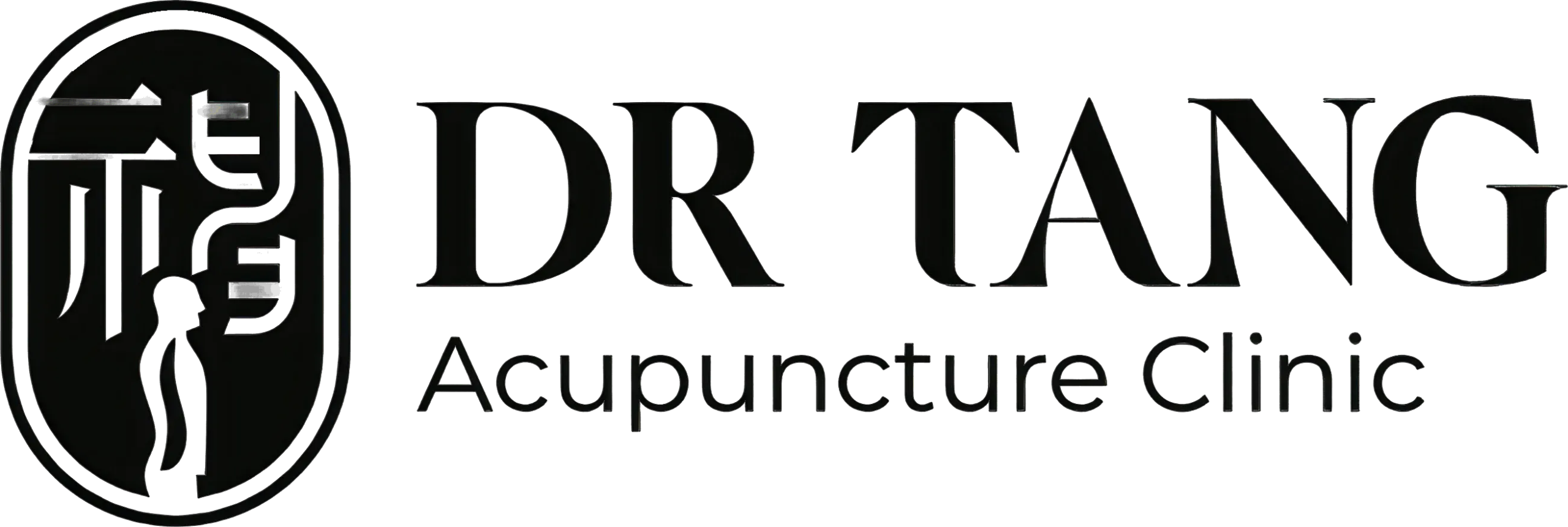
Stroke Acupuncture Treatment
Stroke Treatment in Dubai


In more detail, ischemic strokes—the most common type—occur when a blood clot obstructs blood flow to the brain. Hemorrhagic strokes, on the other hand, happen when a weakened vessel bursts, causing bleeding in the brain. Both situations lead to reduced oxygen supply in affected areas, damaging brain cells and impairing functions controlled by those regions
Acupuncture for Stroke Recovery
Acupuncture offers several benefits that may enhance stroke recovery. While some suggest its effects might be partially due to the placebo effect, numerous clinical studies support its positive impact.
Effects of Stroke That Can Improve With Acupuncture
- Imbalance:
Studies show acupuncture can help improve balance and reduce the risk of falls in stroke patients. - Paralysis:
Hemiplegia (paralysis on one side of the body) is common after a stroke. Acupuncture has shown potential in supporting recovery from post-stroke paralysis. - Difficulty Swallowing:
Damage to the brain areas responsible for swallowing can cause dysphagia, making eating difficult. Research indicates acupuncture can help improve swallowing movements, supporting proper nutrition during recovery. - Spasticity:
Spasticity, or uncontrolled muscle stiffening, is another common effect of stroke. Combining electroacupuncture with therapy has been found to reduce spasticity. - Muscle Strength:
Muscle weakness can affect mobility and overall recovery. Studies suggest that electroacupuncture performed five times a week for two weeks can improve muscle strength, particularly in the legs.
How Does Acupuncture Work for Stroke Recovery?
For stroke patients, it is particularly important to reduce inflammation and increase the range of motion in affected limbs. During your appointment, your acupuncturist will review your condition and explain how acupuncture may help. They may also examine your tongue and feel your pulse to gather more information about your overall health.
During treatment, you may be asked to lie down. Depending on the area being treated, you may lie face up, face down, or on your side. The acupuncturist will then gently insert sterile, single-use needles at specific points on your body.
While you may feel the insertion of the needles, it is generally painless. Additional techniques such as heat application or gentle massage may also be used to enhance the treatment.
A typical session lasts about 30 minutes, and a full course of acupuncture therapy often requires up to 12 sessions. Some insurance plans cover acupuncture, so be sure to check with your provider about your options.
Can Stroke Treatment Be Combined with Acupuncture Along with Other TCM Therapies?
Cupping Therapy
Herbal Medicine
Experience the Healing Power of Acupuncture for Stroke Treatment in Dubai
Acupuncture for stroke recovery is gaining popularity due to the wide range of benefits it offers. When combined with Traditional Chinese Medicine (TCM) therapies, acupuncture can help stroke survivors improve mobility, increase muscle strength, and enhance overall recovery. It is especially beneficial for individuals who experience paralysis or spasticity after a stroke.
At Dr. Tang Acupuncture Clinic in Dubai, we provide personalized stroke treatment using acupuncture, integrated with our best TCM approaches to deliver comprehensive care and support throughout your rehabilitation journey.
While acupuncture is generally safe and minimally invasive, patients should be aware of potential risks such as mild bleeding or bruising. Other complementary therapies for stroke recovery—such as acupressure and Chinese herbal medicine—may also be considered to enhance results. It is always recommended to consult your doctor and visit a licensed acupuncturist before starting treatment.
We hope this information helps you understand the benefits of acupuncture for stroke treatment in Dubai and inspires you to explore the most effective natural therapies for your recovery.
Book your appointment today at Dr. Tang Acupuncture Clinic and take the first step toward better health and healing.
